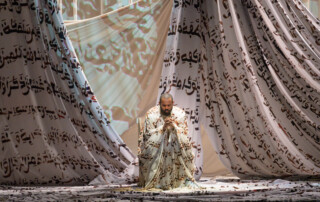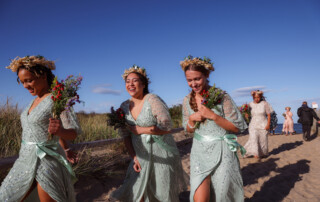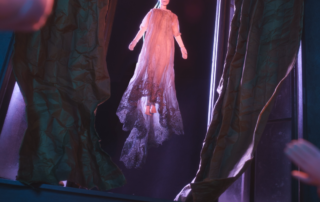Bologne in Paris
Joseph Bologne, Chevalier de Saint-Georges was a busy man. A fixture on the musical scene of eighteenth-century Paris, he might be found seated in the violin section of the orchestra Le Concert des Amateurs; performing the solo part of his many virtuosic violin concertos; directing a theater; or composing a string quartet, a symphony, or an opera. (And this is to say nothing of his astonishingly varied extramusical pursuits as a champion fencer, a soldier, and a political thinker.) Bologne’s atypical status – he was a Black composer in an overwhelmingly white art form, and he was accomplished in [...]






